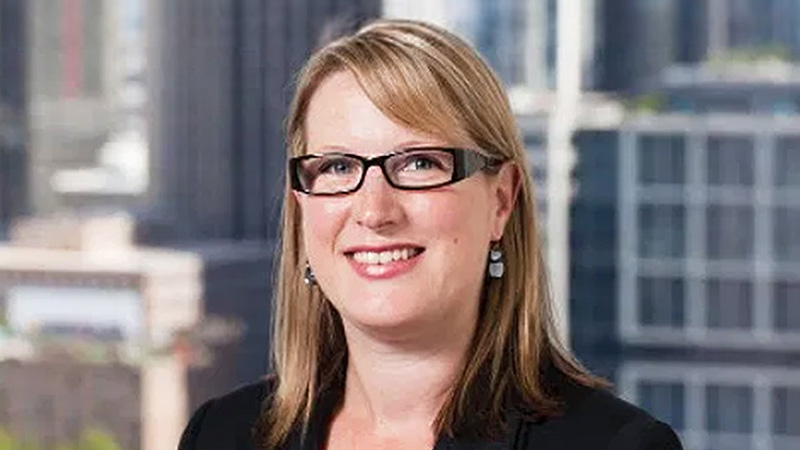‘Real crisis’: CPA details $112k cost of providing holistic advice
A staggering $112,000 in registrations, certificates and insurance fees face accountants looking to offer a holistic financial advisory service, as a new CPA report dissects the complex regulatory burden faced by the profession.
Accountants are facing enormous pressure in maintaining multiple licenses and fulfilling education and continuing professional development (CPD) obligations, according to the new regulatory burden report by CPA Australia.
The report estimates that an accountant must pay $112,414 each year for the different registrations, insurances, certificates and software needed to support holistic financial planning advisory services.
These include registrations to be a financial adviser, mortgage broker, tax adviser, and an accountant, and factors in ASIC fees, licensee costs, and professional indemnity insurance.
“If they wish to provide a full suite of services to their clients, professional accountants must acquire multiple licences and registrations, attain numerous qualifications and designations, and adhere to myriad regulatory requirements, overlapping ethics standards, education requirements and CPD obligations, imposed by a number of different regulatory bodies,” the report said.
The report, which surveyed 641 CPA members in public practice, as well as 1,011 consumers and SMEs, found that a third of members are considering ceasing to provide at least some of the services currently offered to clients, with a further 12.5 per cent considering ceasing to offer financial planning advice due to regulatory burden.
Conversely, consumers and SMEs were more receptive to the idea of a “one-stop-shop” with an accountant, with more than half voting for that option. In contrast, less than one in five wanted multiple relationships with an accountant and specialist service providers.
“The accounting profession and the public seeking access to accountants are facing a real crisis,” said Keddie Waller, head of public practice at CPA Australia.
“As accountants depart the industry, they are not being replaced by new entrants at the same rate, and it leaves less advisers with experience to mentor new entrants requiring supervised experience as part of their qualifications.”
Regulatory review needed
In a bid to halt this decline, Ms Waller is hoping the report will help spur a regulatory review that will remove overlapping obligations and reduce compliance costs.
“A regulatory review is needed to create a holistic, harmonised regulatory framework that protects consumers while enabling professional accountants to do the work they're skilled to do,” said Ms Waller told Accountants Daily.
“This report points the way for CPA Australia to collaborate with the broader accounting profession to develop a meaningful policy platform that not only meets the needs of practitioners but also serves the interests of their clients, the profession and the public at large.”
The report lists a number of recommendations to improve the current regulatory framework, including reviewing the definition of key terms in financial advice, and redefining product advice.
It believes there is confusion around the definition of some key terms such as general advice, financial product advice and credit activity, with the classification of general advice, product advice and personal advice confusing both professionals and consumers.
CPA also wants the introduction of strategic financial planning advice which may allow professional accountants to be authorised under existing registrations and regulations and give advice that meets clients’ needs.
“Strategic financial planning advice differs in that it would not include the recommendation of a specific financial product, but rather be restricted to an overall financial strategy,” the report said.
“For example, an appropriately qualified adviser may recommend a superannuation contribution strategy that does not involve recommending a specific superannuation product.”








